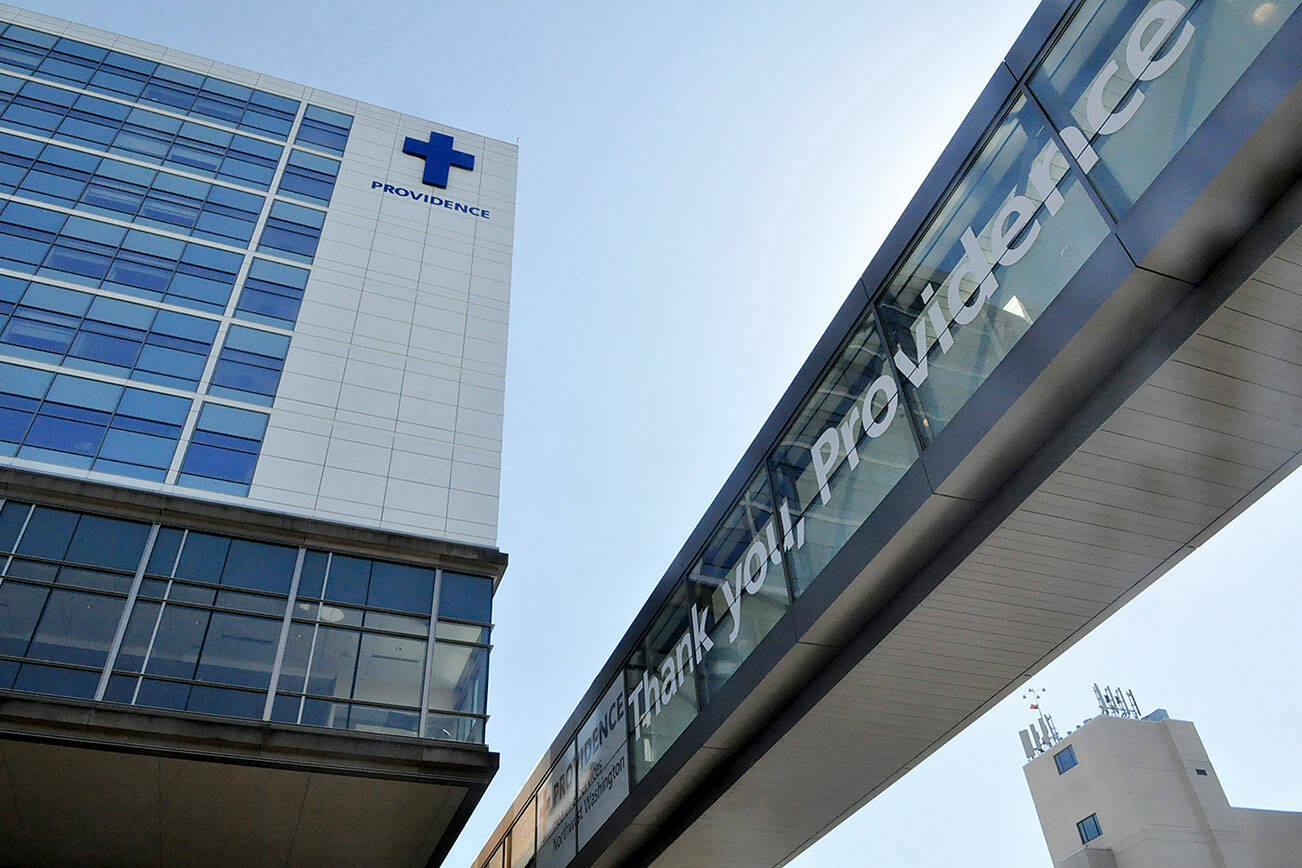Thirty-two years after the Americans with Disabilities Act prohibited discrimination based on disability, a class action lawsuit has been filed against the largest health care provider in Washington state for allegedly doing just that.
Filed on July 26 by the non-profit law firm Disability Rights Advocates and co-counsel Moloy Good of the Good Law Clinic, the lawsuit accuses Providence St. Joseph Health of consistently “failing to ensure effective communication for d/Deaf patients seeking medical care at Providence’s Seattle-area facilities.” This included primary care appointments, specialized appointments and a surgical procedure.
“Our d/Deaf community deserve better. We all know that medical appointments and surgeries are extremely stressful, so clear and secure communication is critical at those times,” said co-counsel Good.
[Editor’s note: As described in the lawsuit, the lowercase “deaf” refers to people with “severe-profound hearing loss” and that the use of “d/Deaf” throughout the complaint document encompasses those with severe-profound hearing loss and those within the Deaf identity.]
In an email to the Reporter, a Providence spokesperson said the lawsuit is in the early stages and that Providence is investigating the plaintiffs’ allegations.
“The Providence family of organizations comply with all applicable state and federal accessibility laws and does not discriminate against anyone of the basis of disability, race, color, religion, national origin, sex, age, sexual orientation or gender expression or identity. In addition, Providence believes every patient encounter is sacred and all patients have the right to considerate and respectful care.”
The named plaintiffs in the class action lawsuit are Mandy Rodriguez of Edmonds, Kate Spencer of Snohomish County and Jason Viglianco of Marysville. Each of the named plaintiffs use American Sign Language (ASL) as their primary method of communication and are Deaf, which is capitalized to recognize that the plaintiffs are deaf and also members of Deaf culture.
Providence is accused of routinely failing to provide ASL interpreters for the plaintiffs, even when requests were made for appointments that were months in advance. Providence is also accused of failing to provide sufficient Video Remote Interpreting, where a remote ASL interpreter provides real-time interpretation through a video conference.
The lawsuit details repeated disconnections and blurry or frozen screens when using VRI and that, at one appointment where a plaintiff was provided with an in-person interpreter, the staff showed “lack of training in serving Deaf patients.”
In a press release, DRA senior staff attorney Meredith Weaver said, “While VRI can be a useful tool, especially to increase access to healthcare services in rural locations where ASL interpreters are few and far between, its use requires a very high standard of technical capacity and staff capabilities. Our clients’ experiences demonstrate that Providence has not ensured either of those prerequisites yet relies heavily on VRI as the mode of interpretation.”
While the Providence headquarters is in Renton, the facilities where the plaintiffs say they experienced discrimination include Providence Regional Medical Center Everett, Providence North Everett General Surgery, Swedish Edmonds Campus, and Pacific Medical Center clinics in Lynnwood, Northgate and Canyon Park.
“We deserve to be able to go to appointments, have procedures, and visit the emergency room without worrying whether we will be able to communicate clearly or understand important medical information,” said Spencer in a press release. “We should never be forced to choose between our communication needs and our healthcare.”




